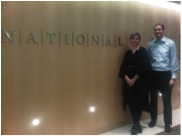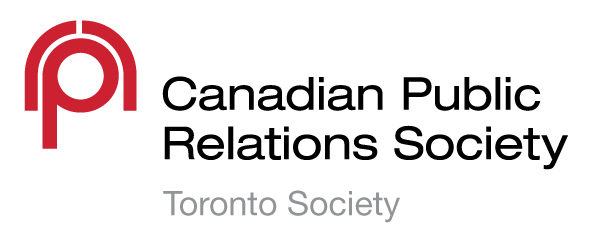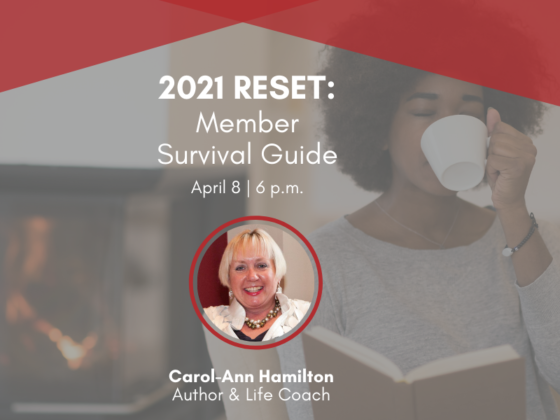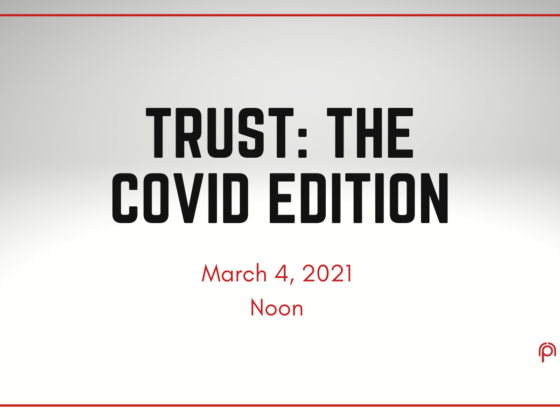Student members participated in Passport to PR on November 15, 2011. The event is a half day tour that gives behind-the-scenes access to some of Toronto’s top PR practitioners.
As a student, it becomes a big concern as to what exactly our soon to be career actually intakes. Having the opportunity to visit Citizen Optimum, Toronto Board of Trade, and National allowed a glimpse into the reality of PR life. Advice given from practitioners working in the industry, being able to distinguish ways in which future practitioners are able to be successful.
Tips to be successful:

Nina Kalos and Stephanie Nadalin from Citizen Optimum
1. Network
If there is one thing to note about working in the PR industry, is the sole fact to network with as many people as you can. Get to know the people working in public relations. Working in public relations is a field in which many candidates are striving to make it to the top. It is important to maintain relationships amongst practitioners whom you may meet.
Nina Kalos from Citizen Optimum suggests students to “find a mentor”. Take advantage of mentorship programs, like the one that CPRS offers. Mentors are able to provide full insight on their experiences that they have come across while working in the industry.
2. Keep it all
It is that simple –keep it all, all the work that you have done keep it. Why forget about a piece of work that you have spent your time on? Scott Brownrigg, from Toronto Board of Trade made the point clear that it is vital to keep what you have worked on.
Having a portfolio prepared of your previous work only shows future employers that you are committed to your career. With a portfolio of all your work you are able to always look back to reference something that you may have forgotten about. Also collect any comments or recognition letters that you may have received.

Elisabeth Mozel-Jury and Stephen Ledgley from National
3. Refine your writing skills
It is essential to have strong writing skills is in the PR industry. The English language seems simple, but it has its hidden complexities. Elisabeth Mozel-Jury and Stephen Ledgley, from National both had the same advice to students. Their advice that they have for students is to continuously work on writing.
Writing is a tool in which technology will never be able to replace. Constantly working on your writing will only prepare future practitioners for the reality of life. In careers, like PR, having to write a test as a requirement during an interview should come as no surprise. (Editor’s note: If you’re a member interested in writing for the CPRS Toronto New Perspectives blog, send us a note.)

Matthew Kofsky and Scott Brownrigg from Toronto Board of Trade
4. Choose your agency
The agencies are not out looking for you, as a PR practitioner it is your responsibility to choose the agency in which you feel is best suited for you. Stephanie Nadalin, from Citizen Optimum suggests students to “be choosey.” Ask questions when looking into PR agencies, as in what will your tasks be for a standard day.
Matthew Kofsky, from Toronto Board of Trade also advises students who are looking into internships to “make sure you enjoy it.” Make sure that the internship or the selected agency is the one fit for you. Research and educate yourself about the agency before stepping foot inside the front door.
So what are your tips for students studying public relations? Speaking on behalf of students, we’d love to hear from you. Fee free to post below.



